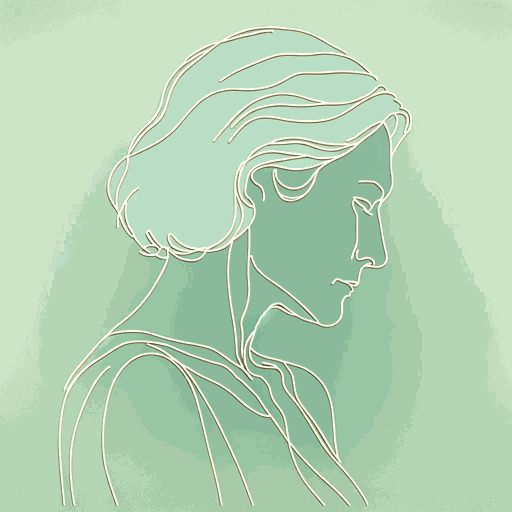62 pages • 2 hours read
Anne TylerClock Dance
Fiction | Novel | Adult | Published in 2018A modern alternative to SparkNotes and CliffsNotes, SuperSummary offers high-quality Study Guides with detailed chapter summaries and analysis of major themes, characters, and more.
Important Quotes
“To Willa, he seemed perfect just the way he was, and she loved him more than any other person in the world. He was funny and kind and soft-spoken, and he never got grumpy like Sonya’s father or belched at the table like Madeline’s. But ‘Oh,’ their mother would say to him, ‘I know you! I see right through you! All “Yes dear; no, dear,” but butter wouldn’t melt in your mouth.’”
(Part 1, Chapter 1, Pages 10-11)
This quote reveals Willa’s admiration for her father’s passive, gentle nature. She cannot understand why her father’s calm, collected demeanor so infuriates her mother. Willa’s mother’s bitter exclamation shows her resentment of his cold and unemotional attitude, painting a picture of their tumultuous marriage. We see here that Willa will grow up to be like her father—she has yet to understand that his passivity is deeply toxic.
“She unbraided Elaine’s hair and brushed it, with Elaine squirming and wincing away from her, and braided it again. As she snapped the second rubber band in place she felt capable and efficient, but then Elaine said, ‘They’re not right.’”
(Part 1, Chapter 1, Page 18)
In their mother’s absence, Willa has taken responsibility for helping Elaine get ready for school. As she finishes braiding Elaine’s hair, a task she’s proud of, she’s met only with disappointment from Elaine. Instead of appreciation or gratitude, Willa is criticized. This is the first of many thankless tasks Willa takes on, developing the theme of The Need for Appreciation.
“Her father had not said one word of thanks for how she’d washed the dishes from earlier.”
(Part 1, Chapter 1, Page 32)
After making an effort to clean the kitchen and failing to make pudding for her father, Willa feels defeated. She wants to help and take care of her family, despite being far too young to actually be expected to do so, but she’s gotten no thanks for her work. This quote is a pointed acknowledgement of this lack of appreciation—Willa has noticed that no one has thanked her for her work in her mother’s absence, but she refuses to point this out or to ask to be valued.
Related Titles
By Anne Tyler

A Patchwork Planet
Anne Tyler

A Spool of Blue Thread
Anne Tyler

Average Waves in Unprotected Waters
Anne Tyler

Breathing Lessons
Anne Tyler

Digging to America
Anne Tyler

Dinner At The Homesick Restaurant
Anne Tyler

French Braid
Anne Tyler

Redhead by the Side of the Road
Anne Tyler

Saint Maybe
Anne Tyler

Teenage Wasteland
Anne Tyler

The Accidental Tourist
Anne Tyler

Vinegar Girl
Anne Tyler

